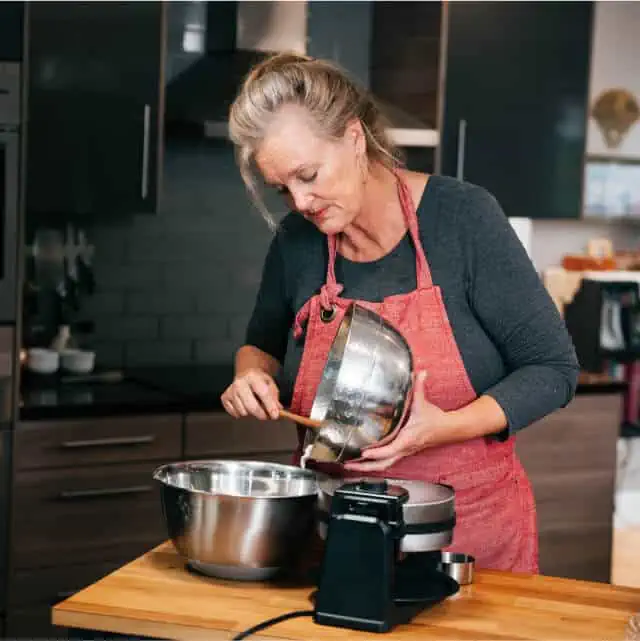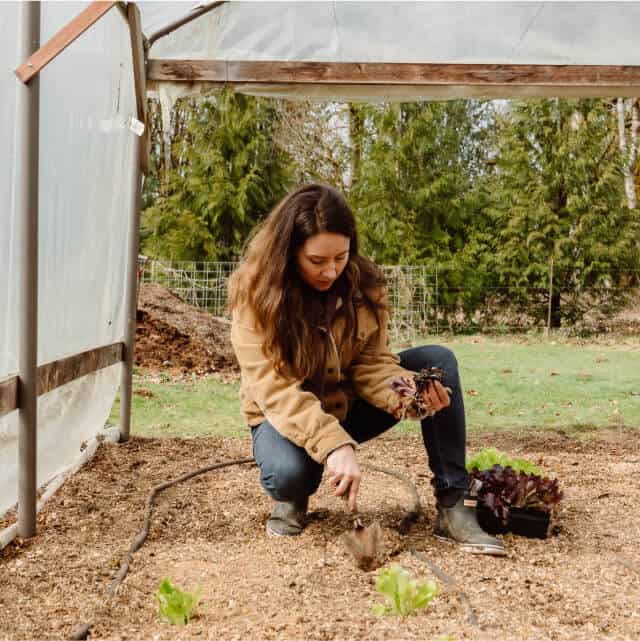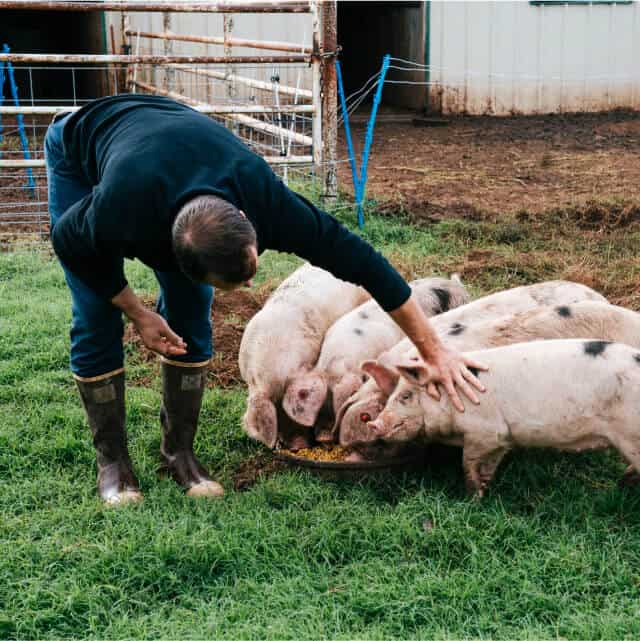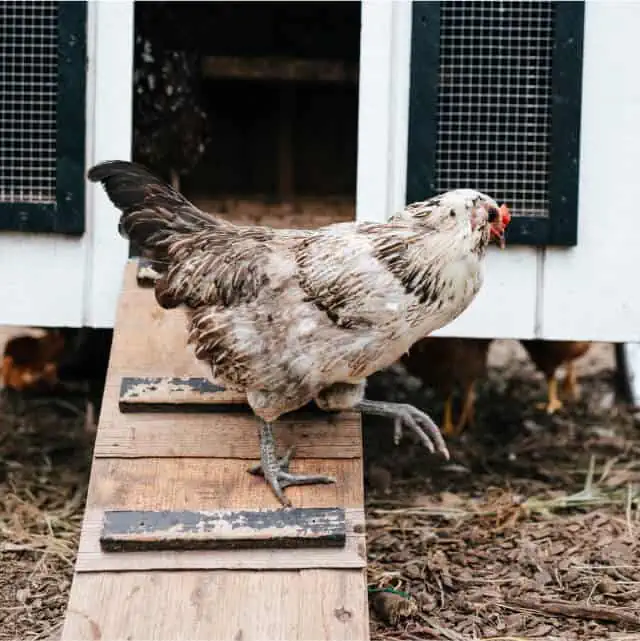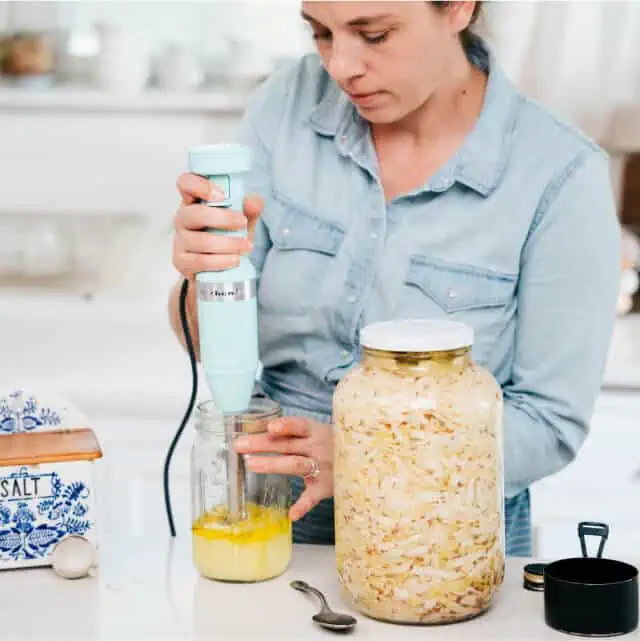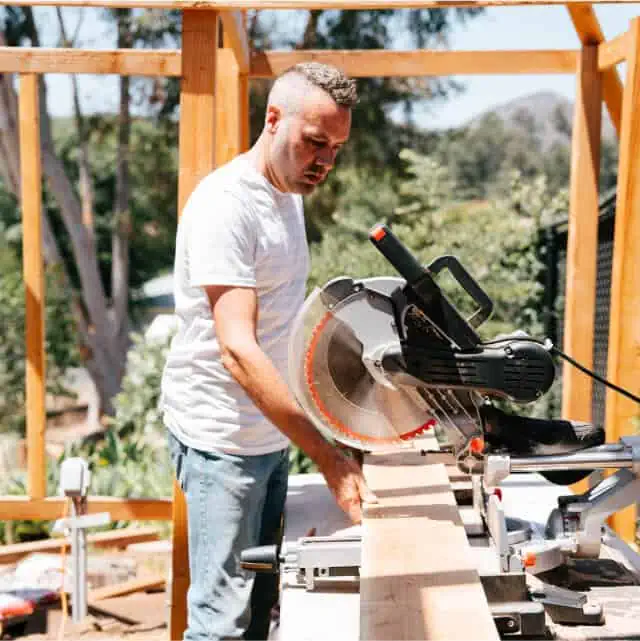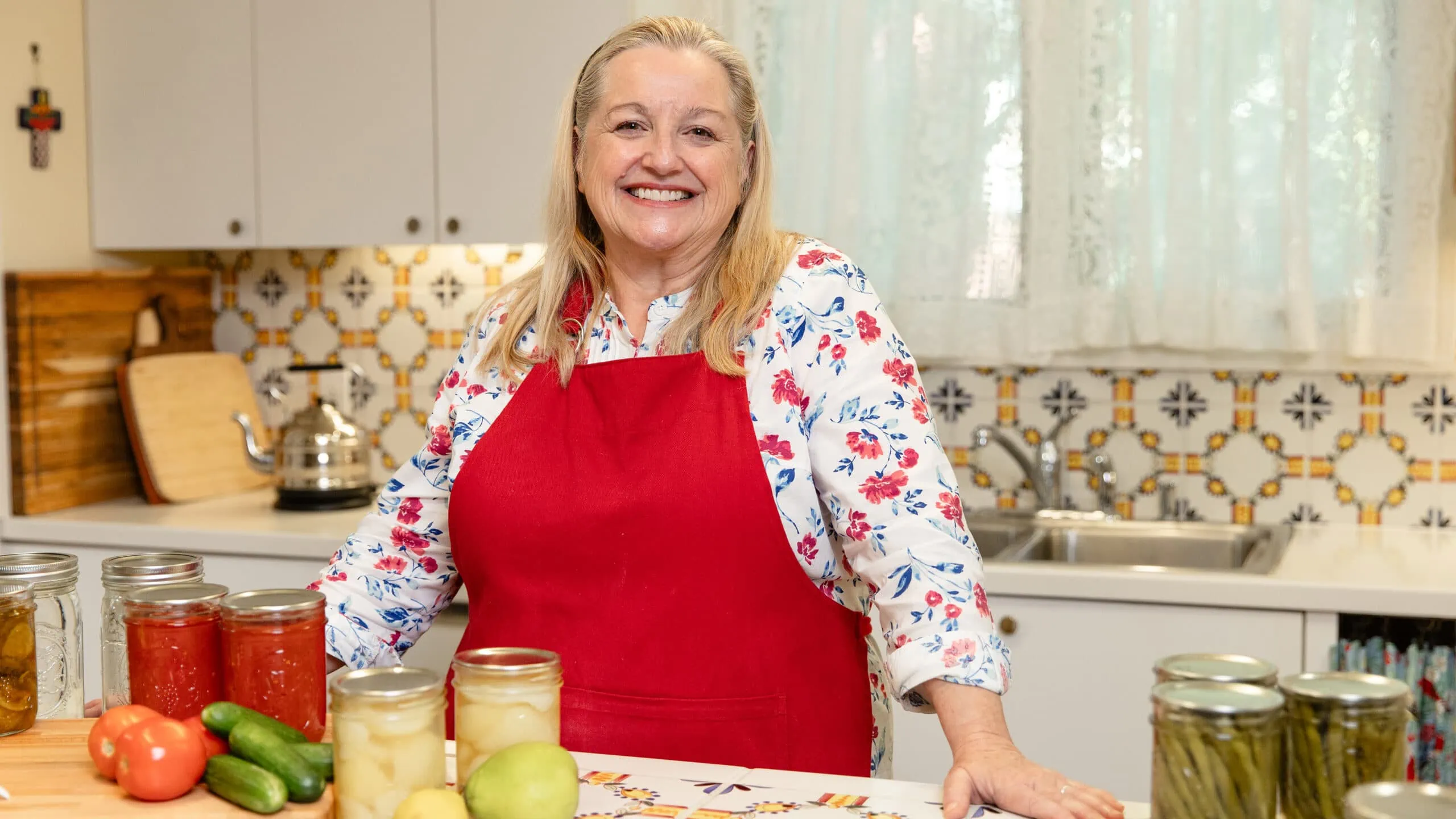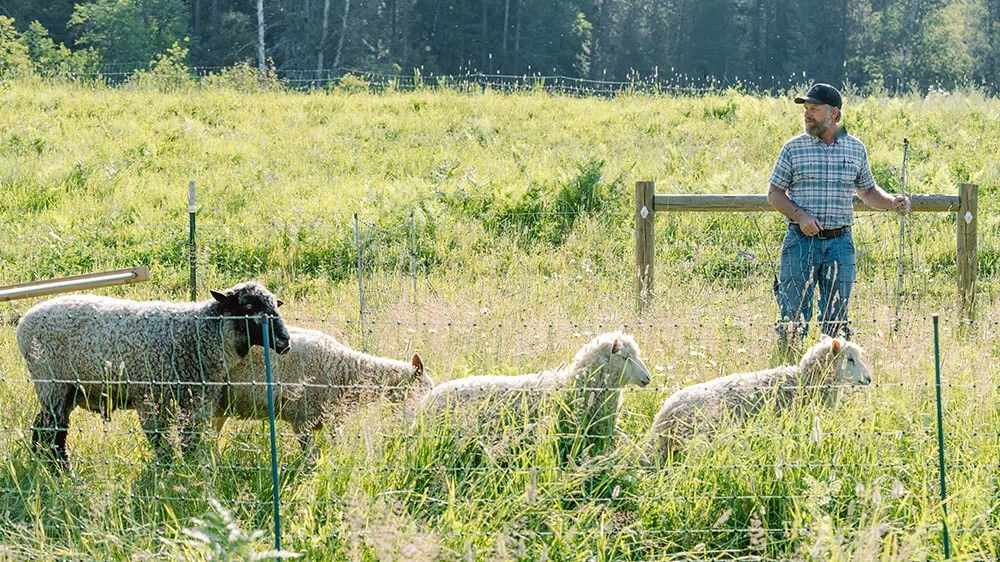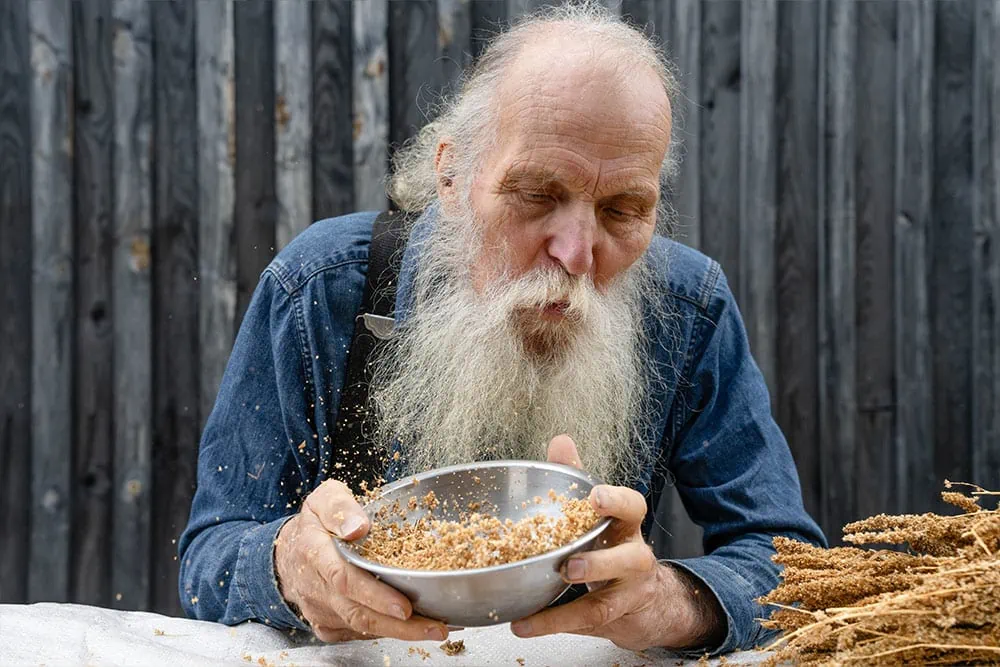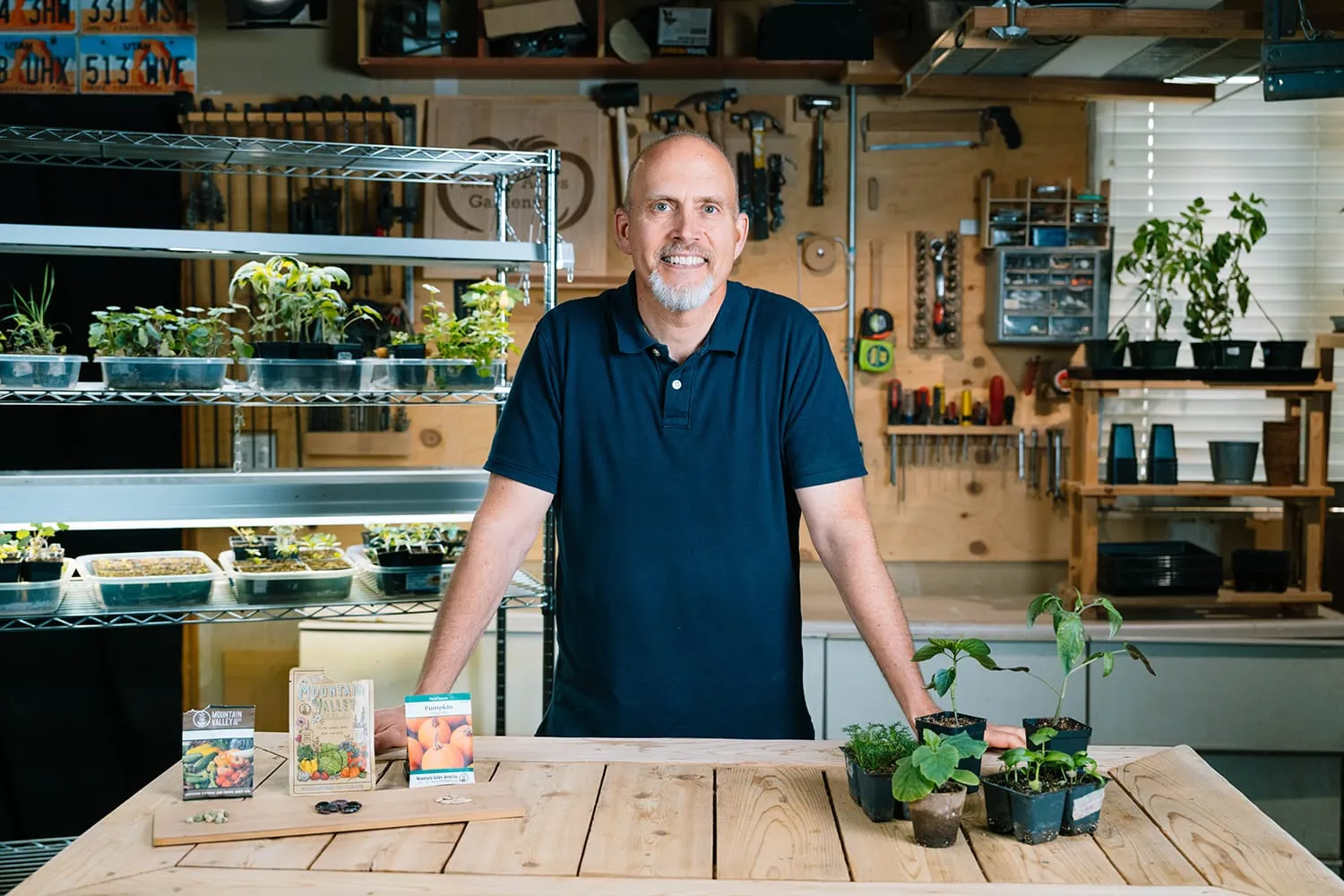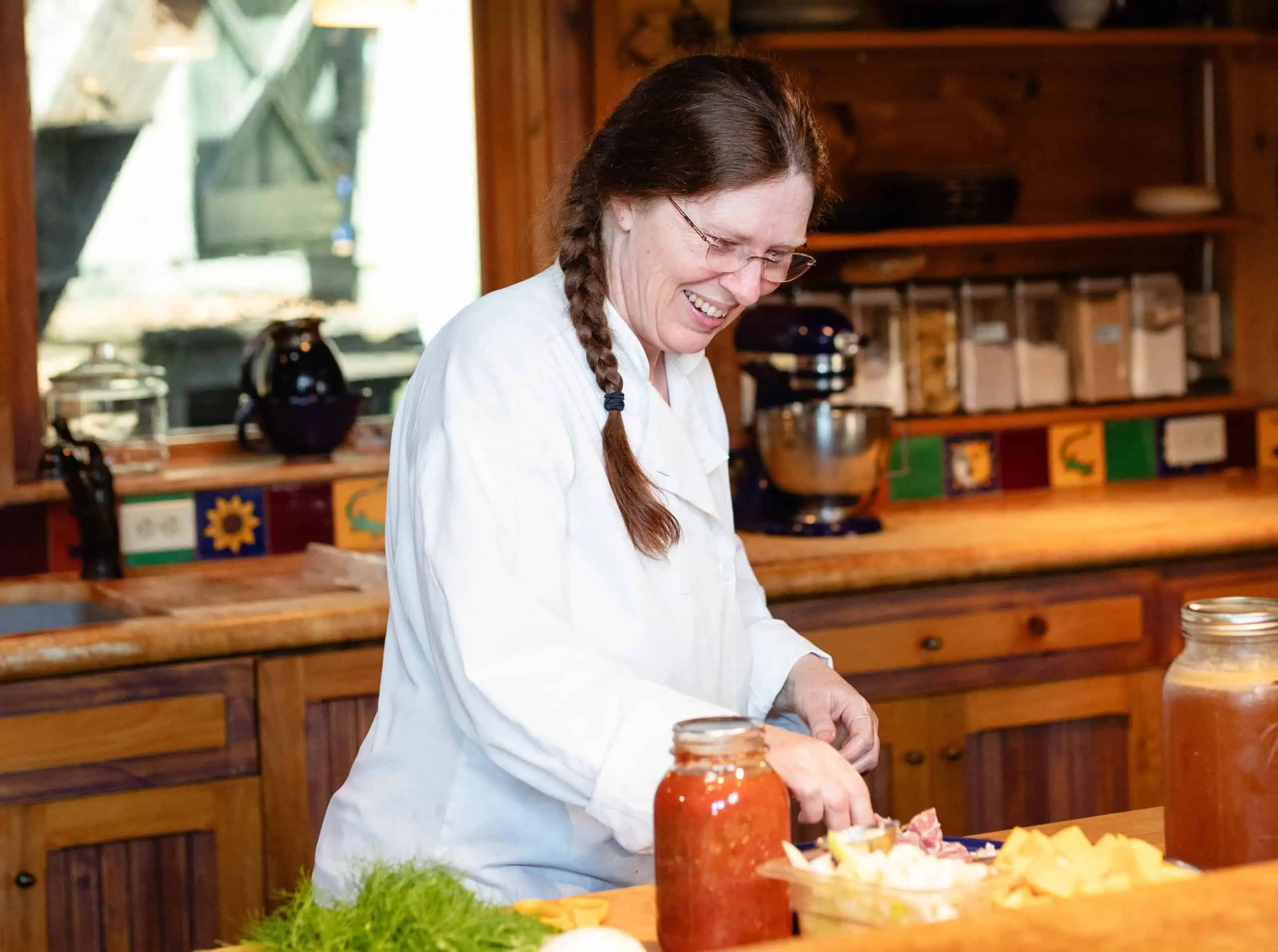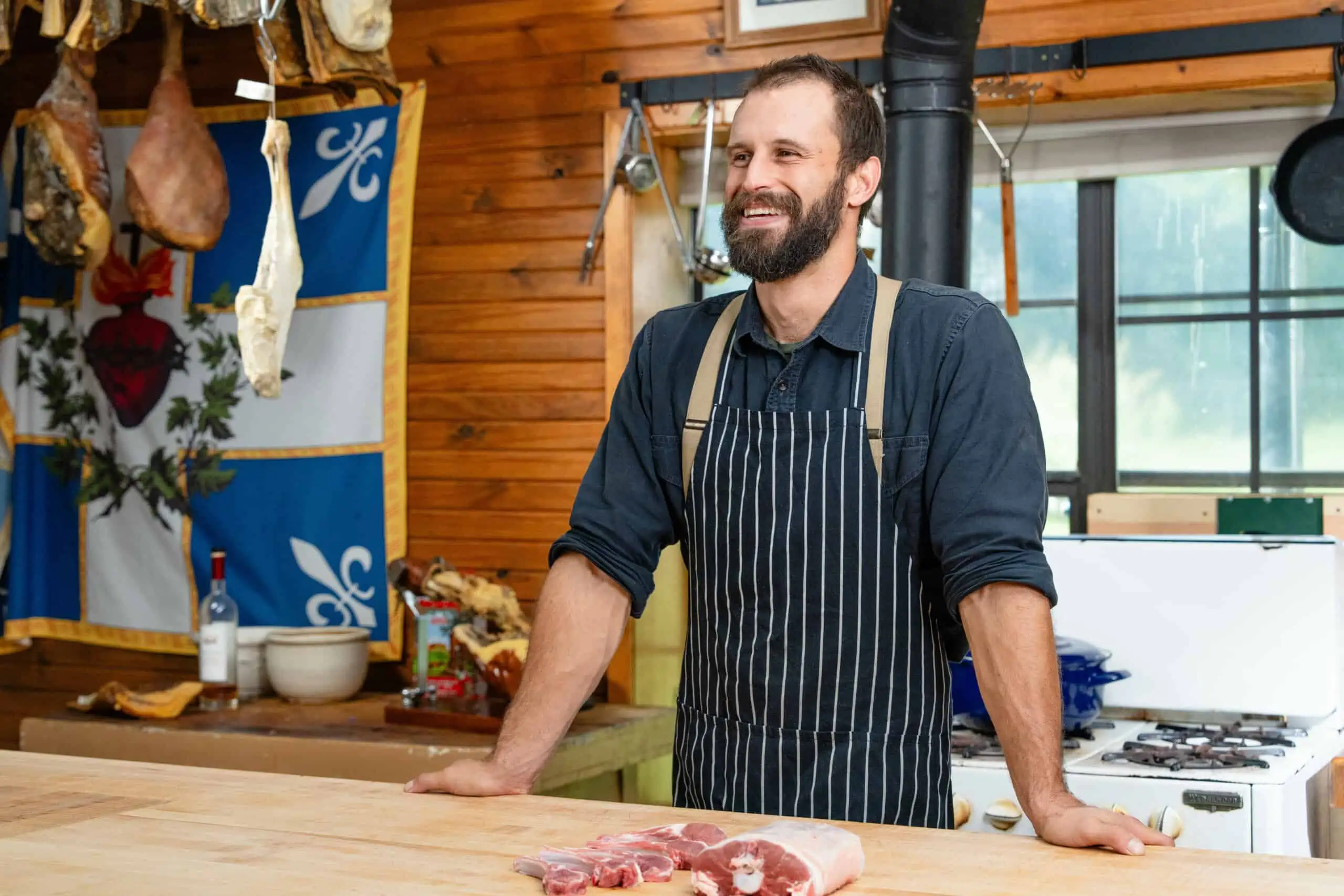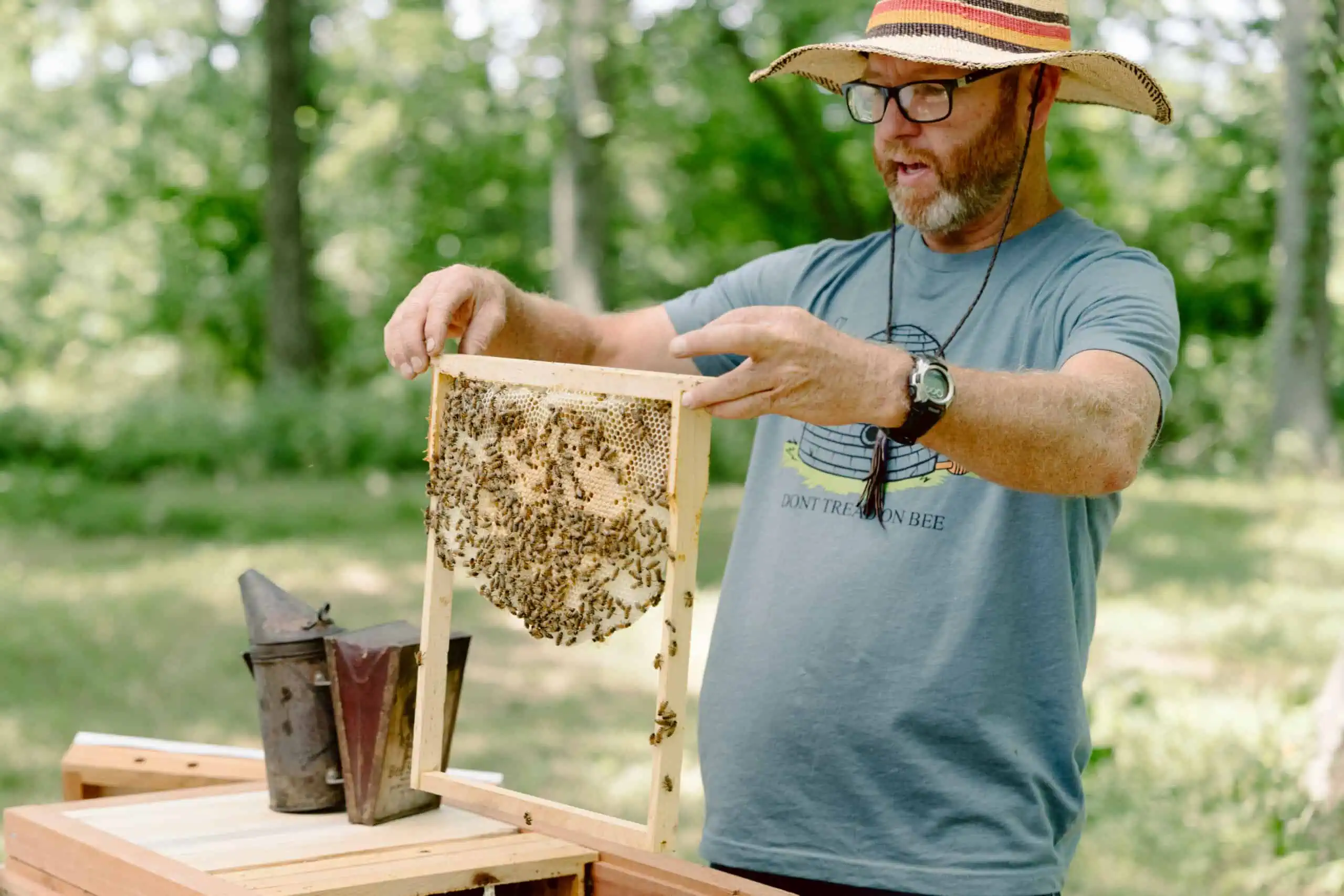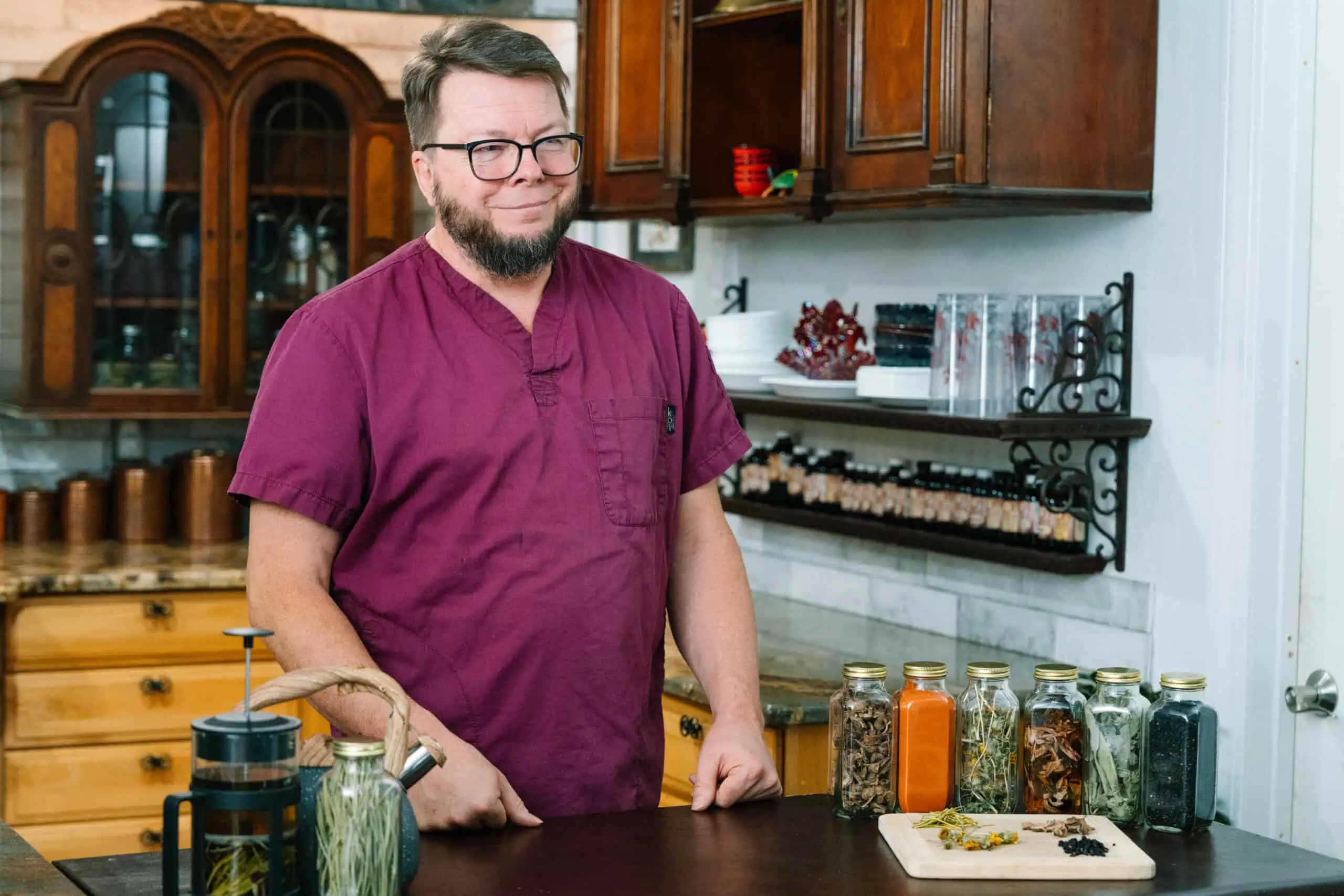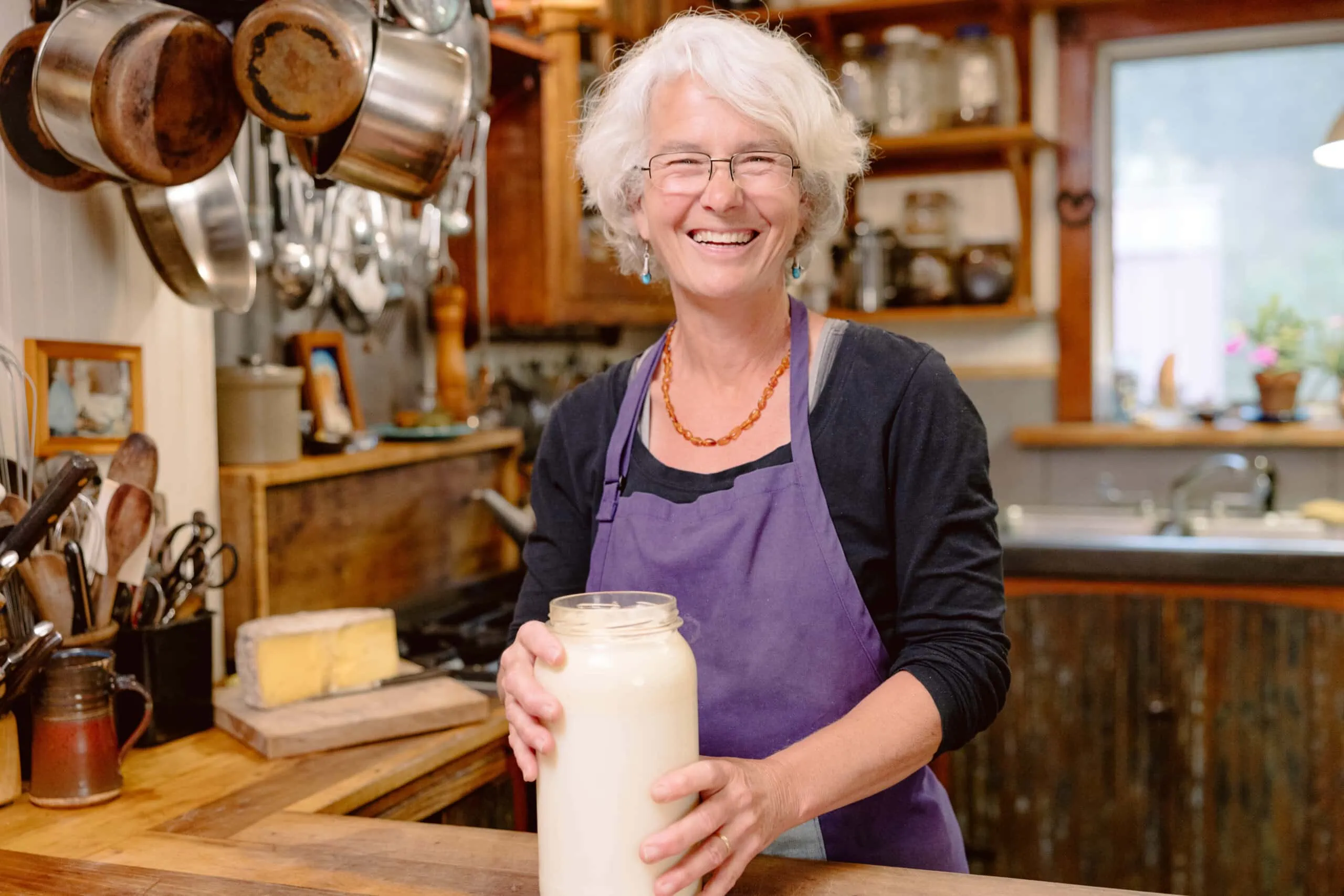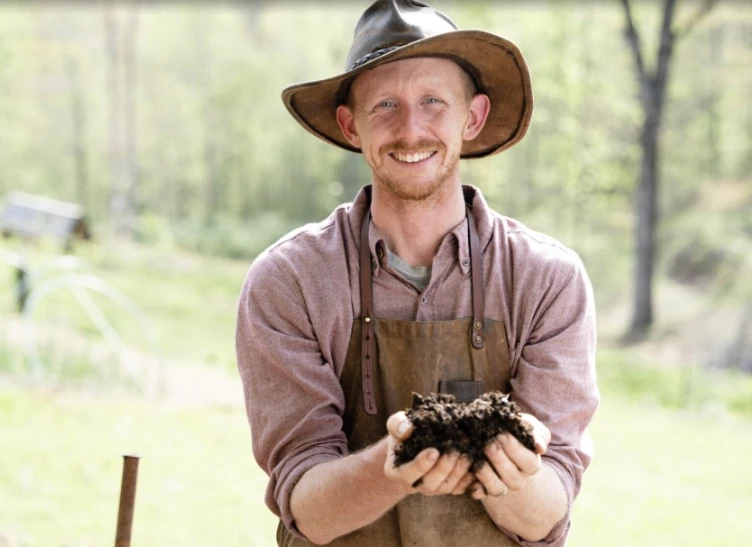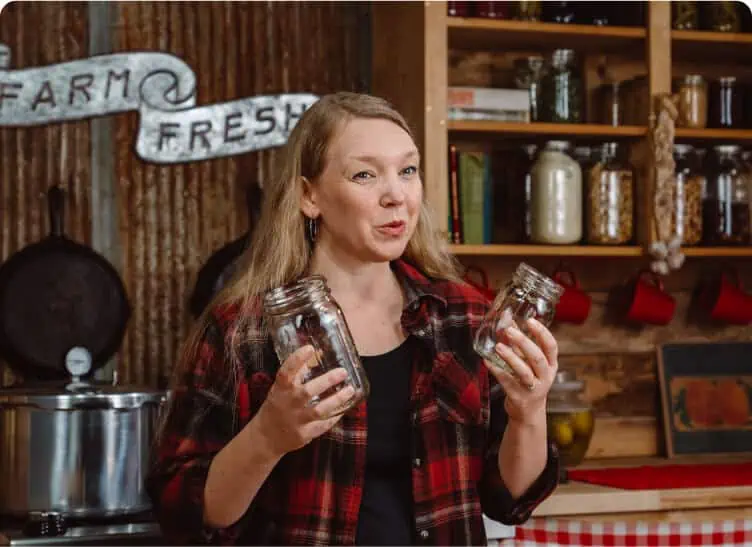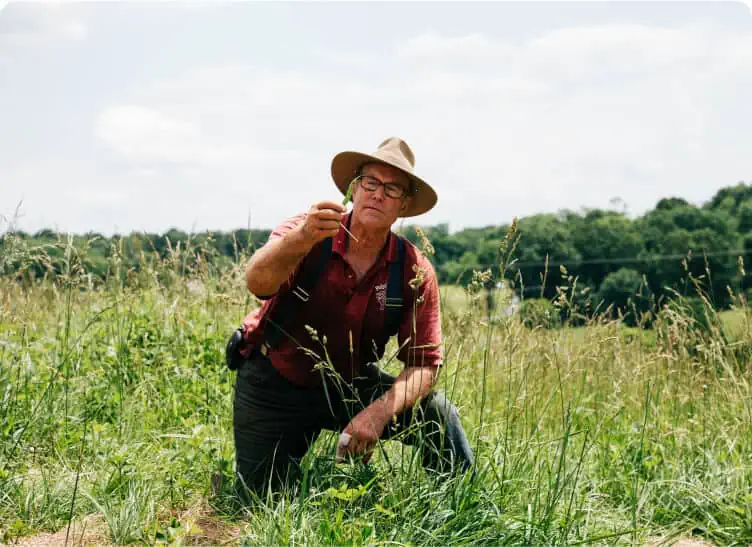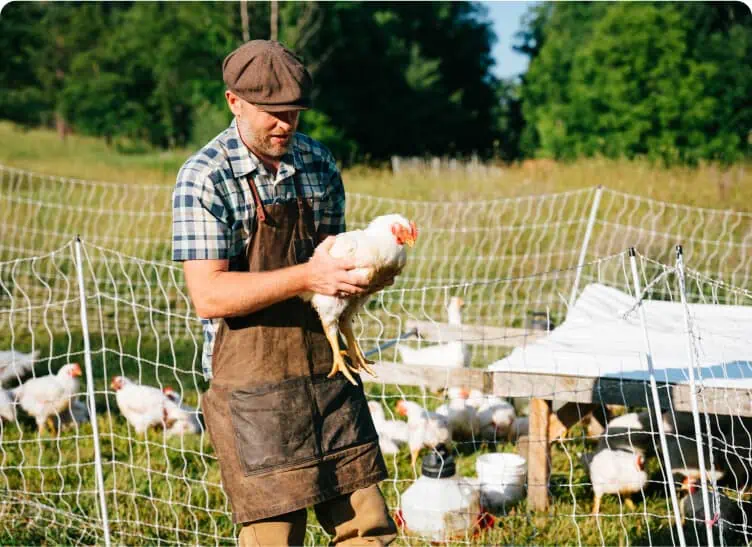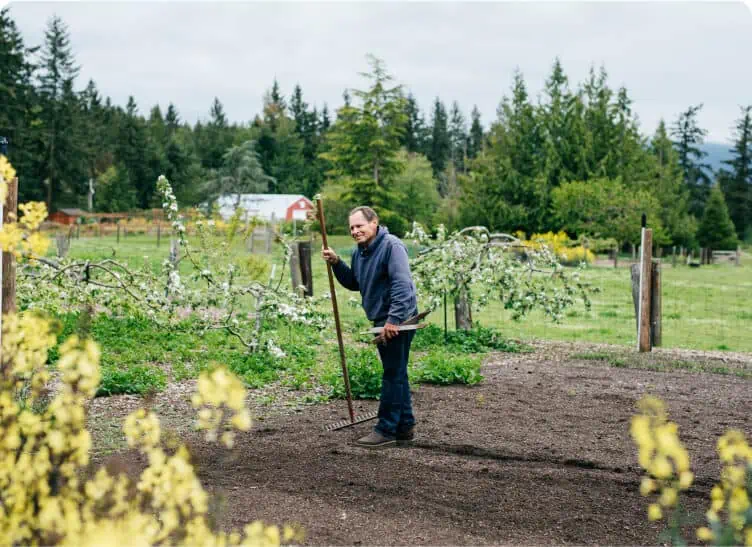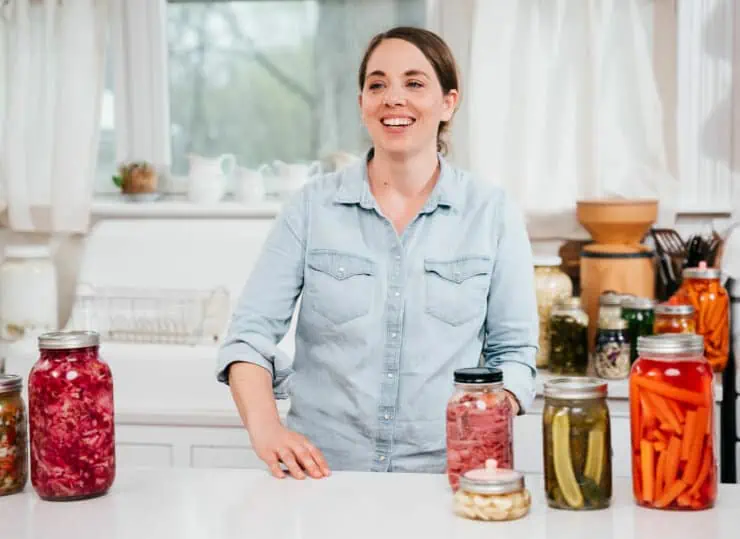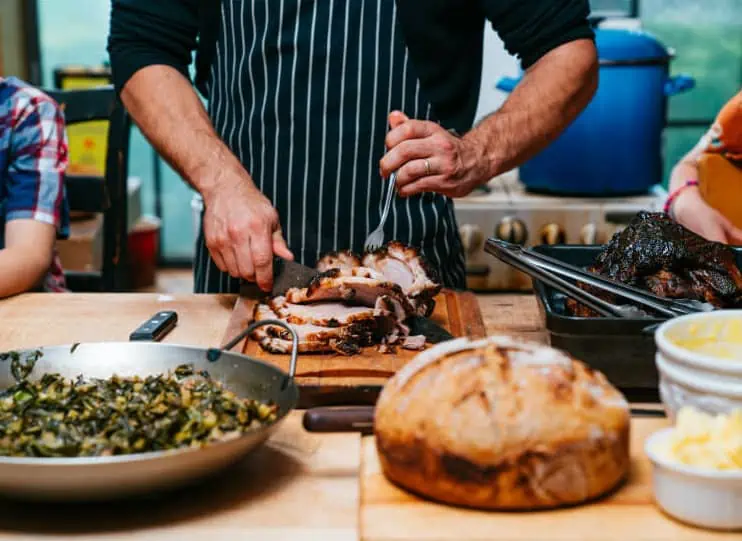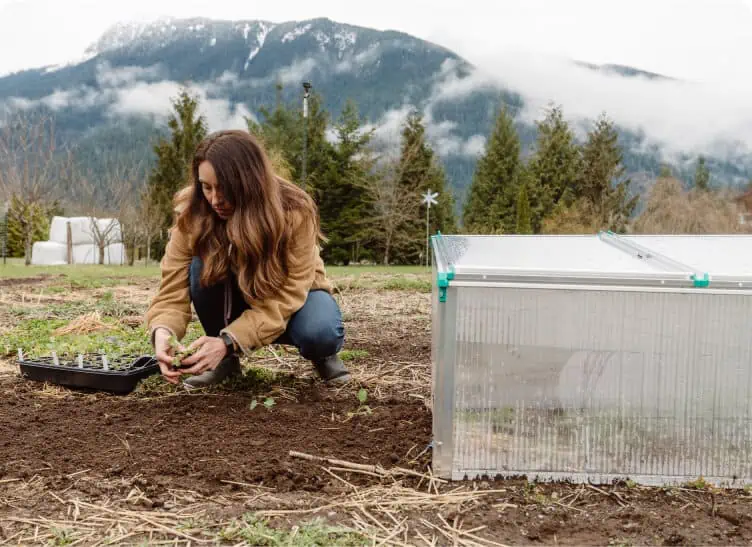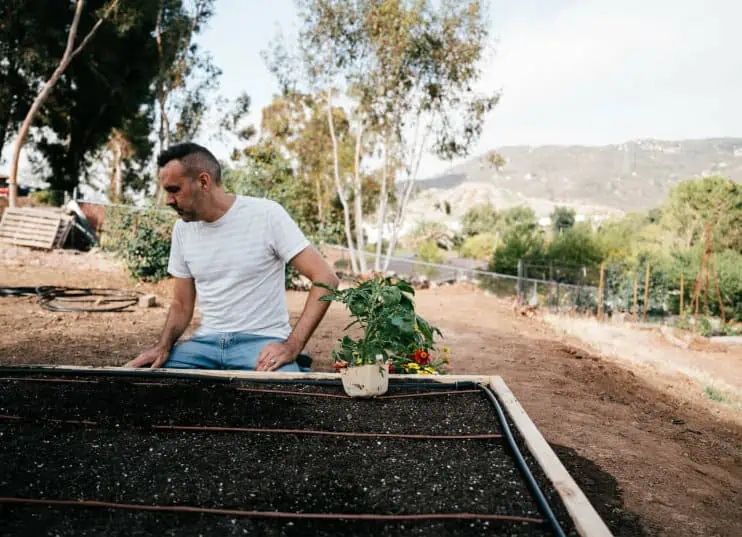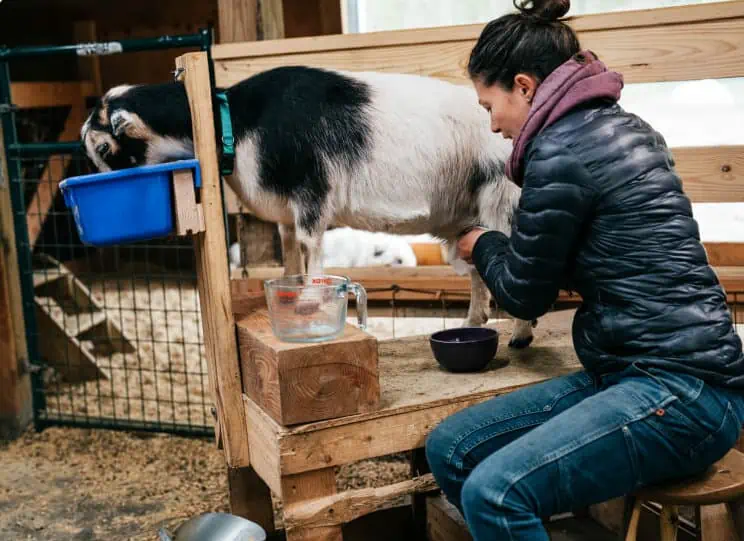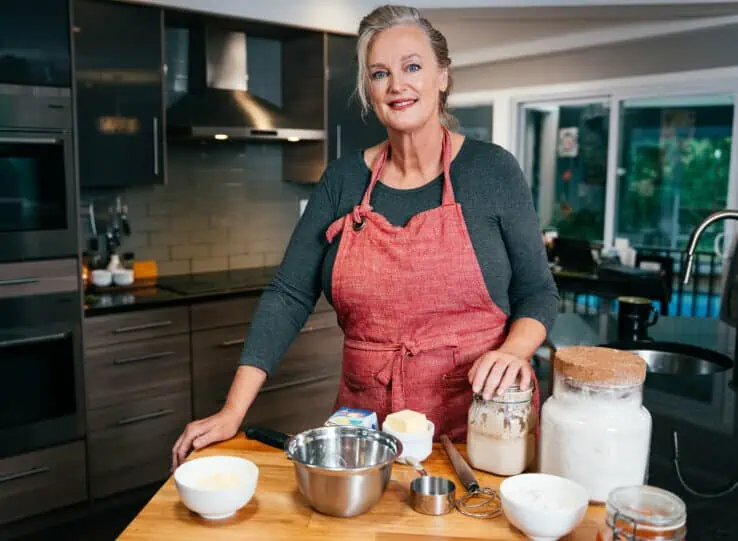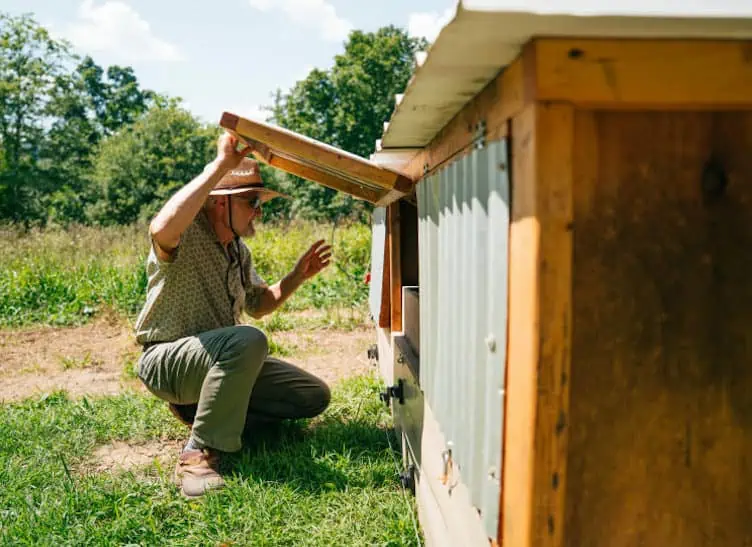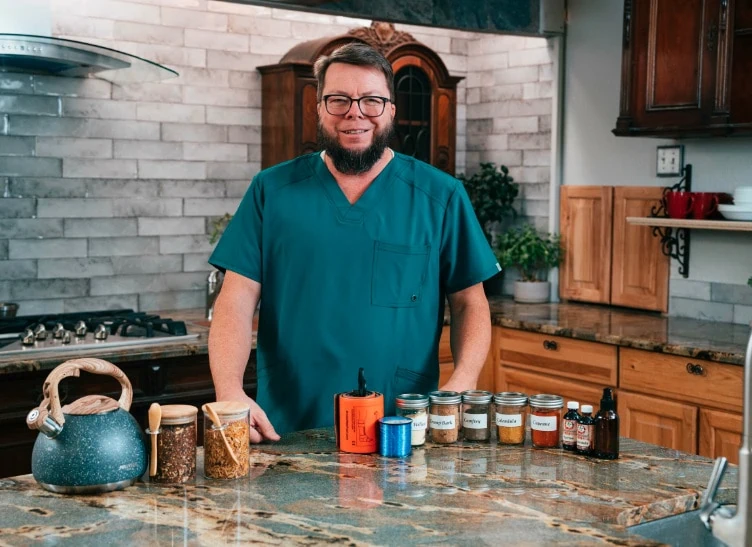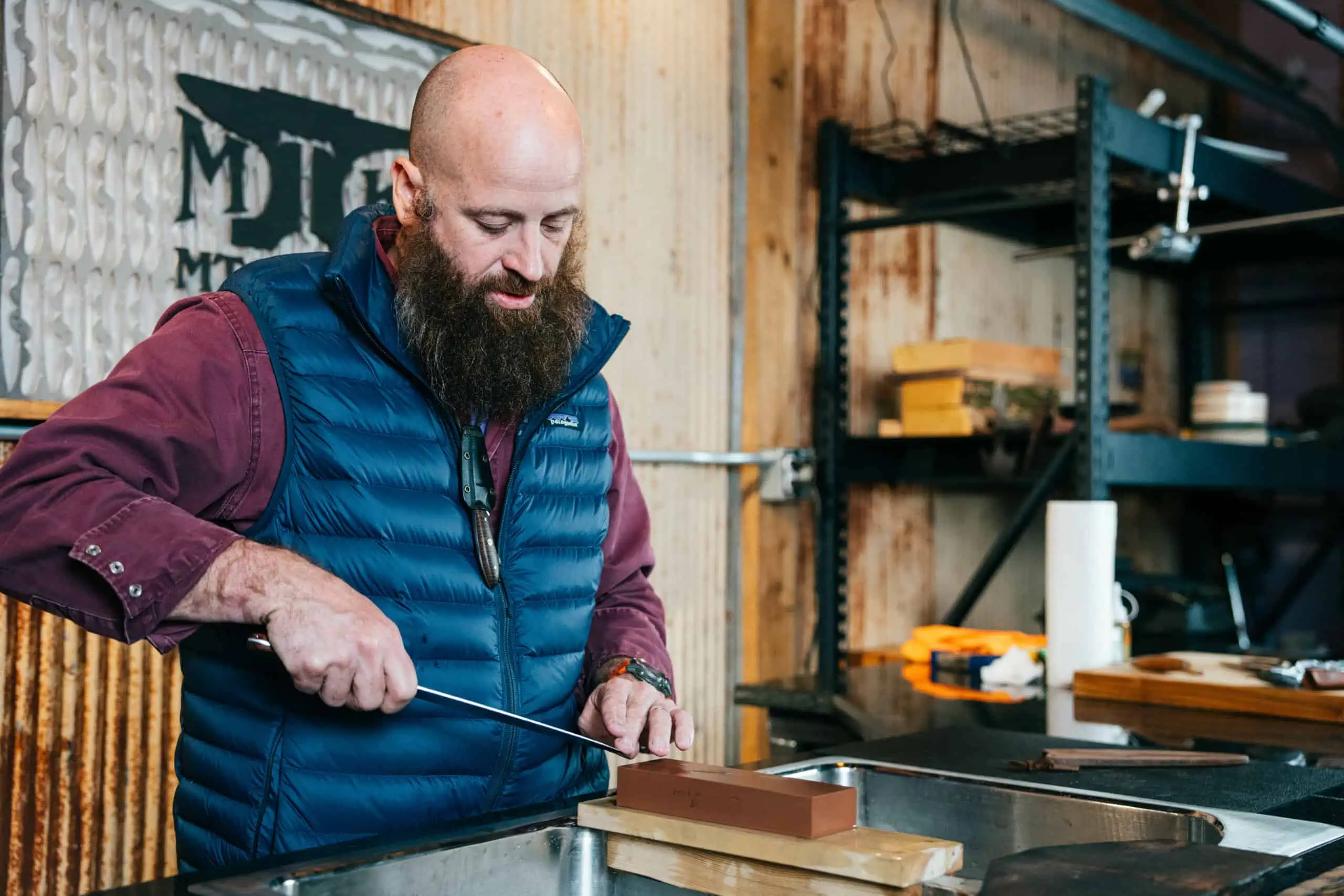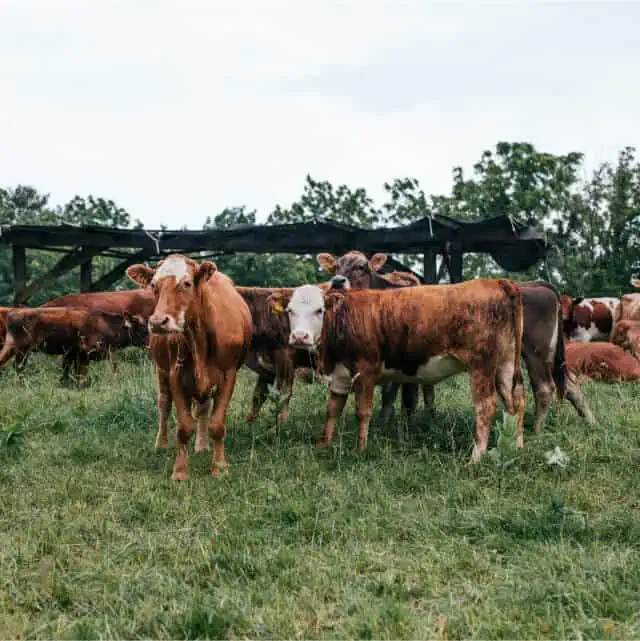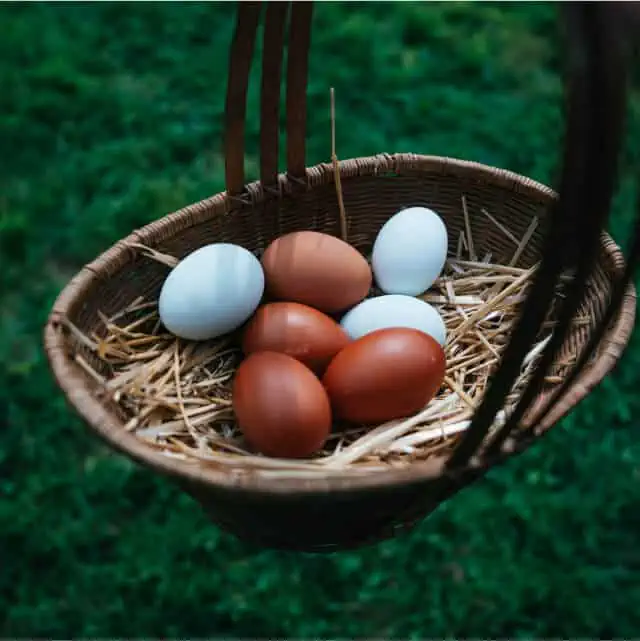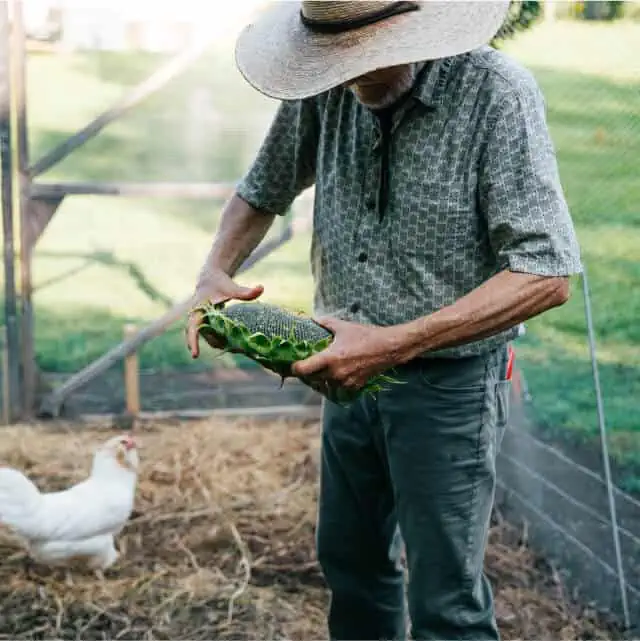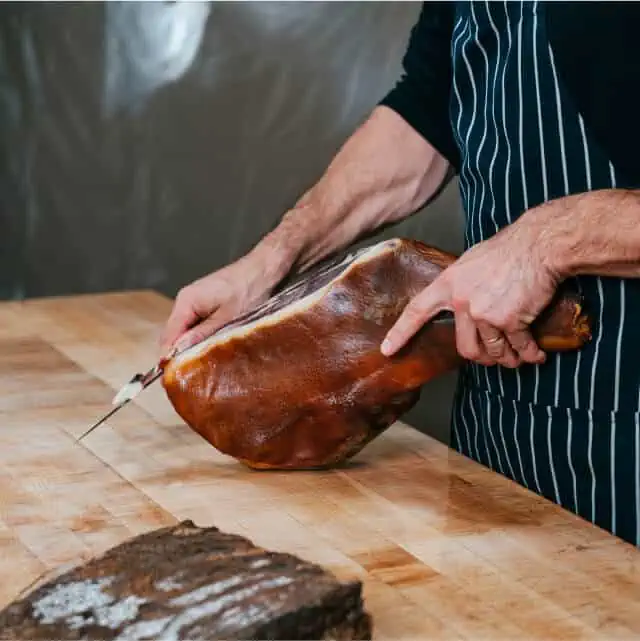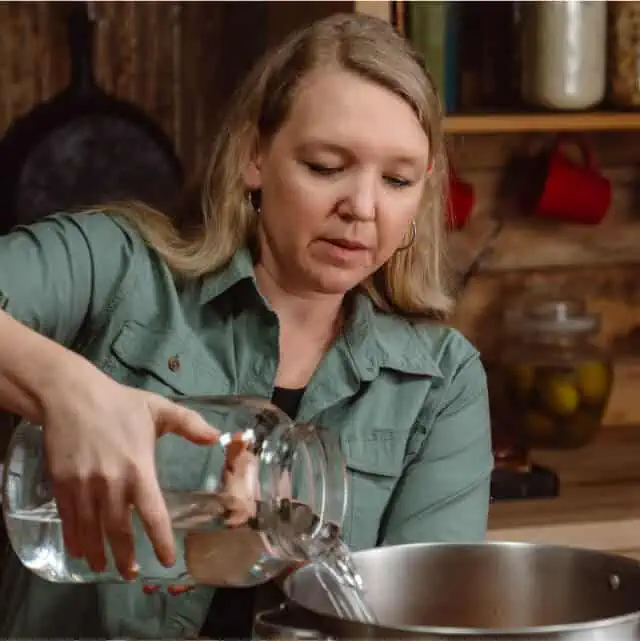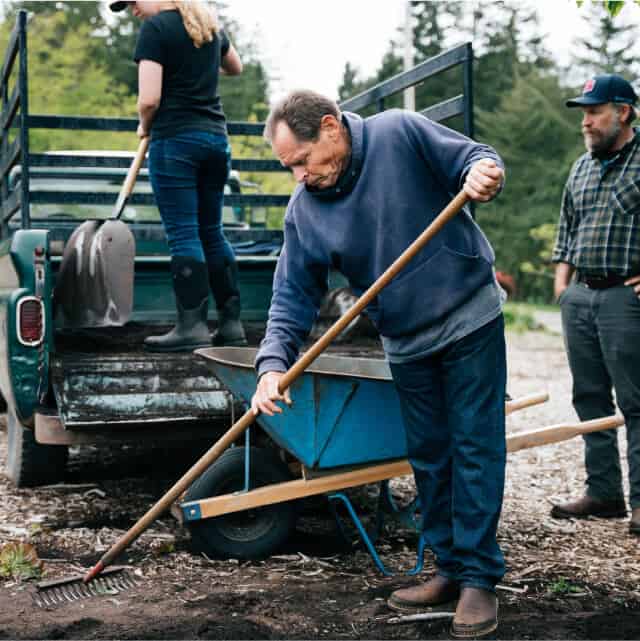
The Skills You Need.
Taught by Instructors You Trust!
Accessible, Actionable, Accelerated Mastery
Take the Shortcut to Building Homesteading Self-Sufficiency Skills that Matter to YOU
Endless hours of YouTubing and scouring the Internet for answers is a surefire approach to feeling overwhelmed when trying to figure out the skills you need to lead a simpler, richer, more fulfilling and self-sufficient life.
SO many experts. SO many skills. SO many approaches.
What do you focus on?
Where do you even start?
How can you make this simple?
(Isn’t the whole point of this to make life easier and more enjoyable?!)
Make School of Traditional Skills your homestead school shortcut to self-sufficiency, the simple way. Without feeling overwhelmed and anxious.
You get to learn from folks who’re right there — digging the soil, raising goats, chickens and pigs, growing food and herbs, cooking and preserving the food they grow. They've got callused hands, full hearts, and happy souls.
Acquire skills that matter. To you. Your family. Your health. Your peace-of-mind.
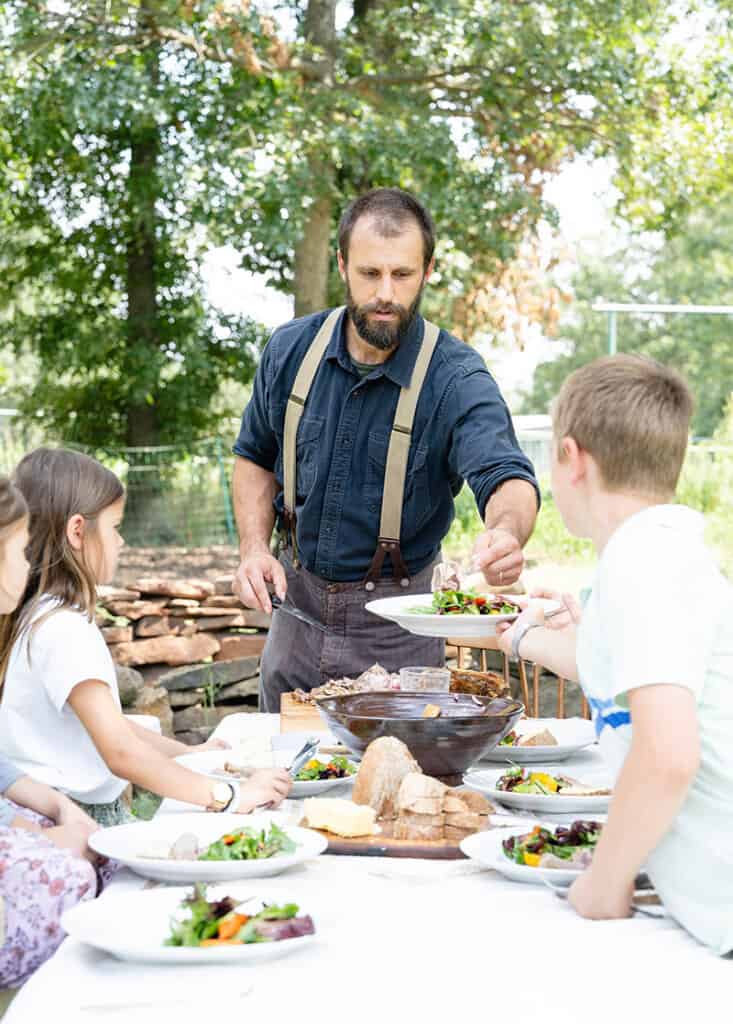
You Want to Eat Healthier, Save Money and Stay Close to your Roots…
That’s Why You’ll Feel Right at Home with the School of Traditional Skills
- You want practical, step-by-step how-tos. From experts. So you can simplify life without spending thousands of hours.
- You’ve been working on your self-sufficiency skills. But you know there’s a long road ahead. You’d like support and guidance that makes you feel confident and not overwhelmed.
- You’re excited at the thought of never going down Google’s rabbit holes and actually get information you can use. From instructors you can trust.
- You know growing your own food and leading a homesteader’s life can be hard. You want manageable instructions and actionable steps that add ease and clarity.
- You want to build a simple, sustainable, deeply rooted life. Right where you are. Without feeling the need to uproot everything to feel more grounded.
How You’ll Use School of Traditional Skills to Simplify and Speed Up Your Journey to Self-Sufficiency:
Skill Mastery
Easy access to experts you know, love and trust. Collectively, our Skill Instructors have over 300 years (and counting!) skill experience. They’re in the trenches with you and trusted by thousands as true experts.
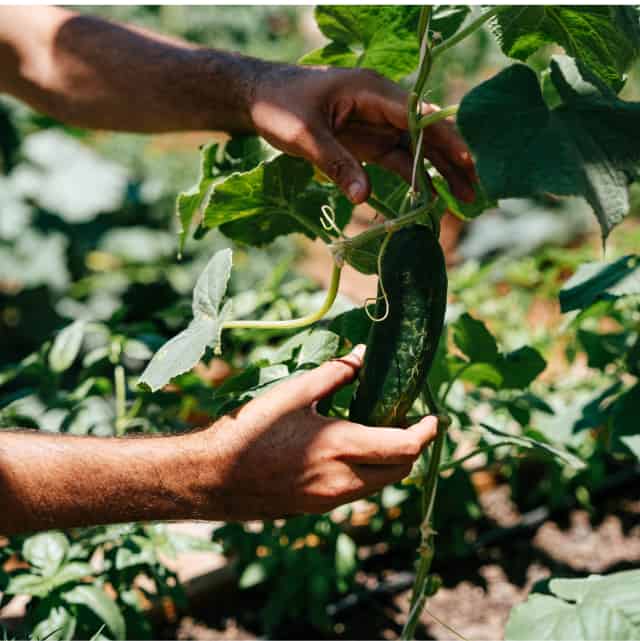
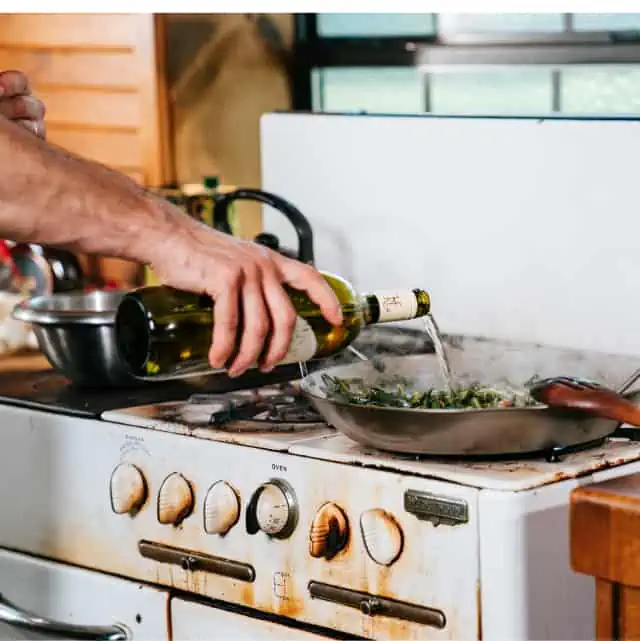
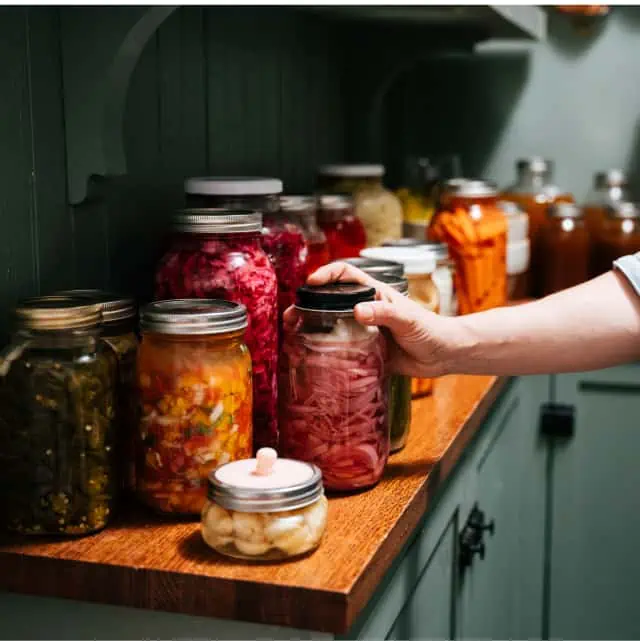
Practical Step-by-Step Classes
Walk away with skills you can put into practice, right away. Each course gives you clear, actionable instructions that you can learn at your own pace. By the end of each class, you’ll have everything you need to put these practical and life-changing skills into practice.

Confidence with Every Class
Say goodbye to feeling overwhelmed. Eliminate confusion and stop second-guessing your decision to lead a simpler, more self-sufficient life.
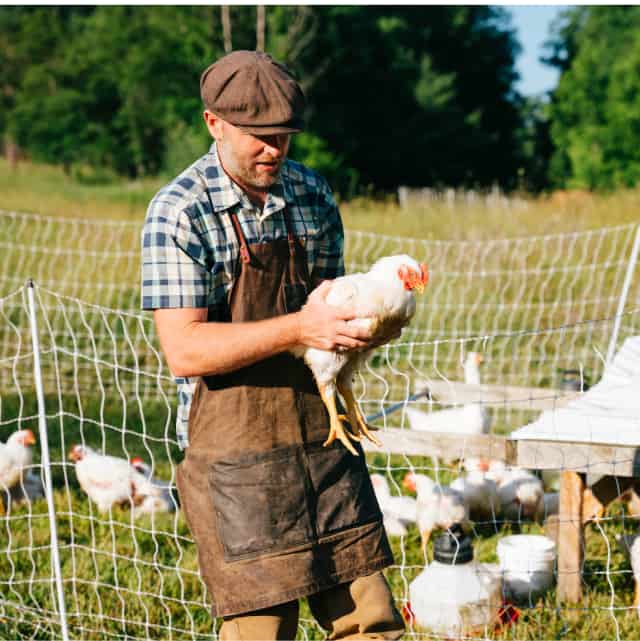
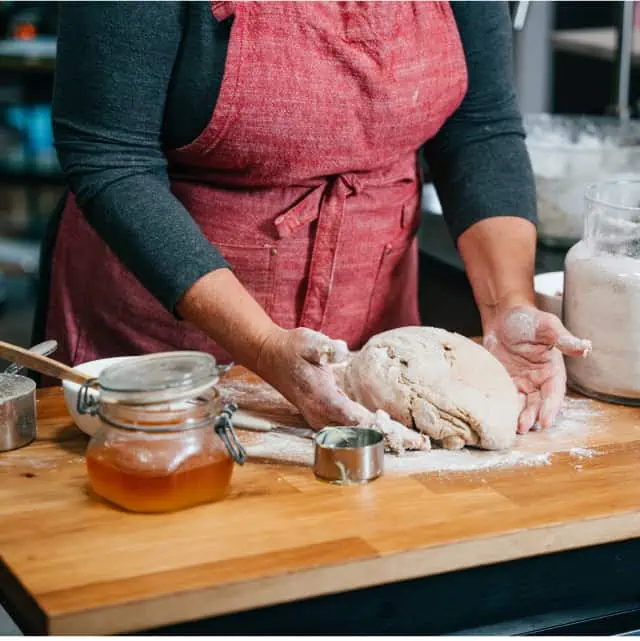
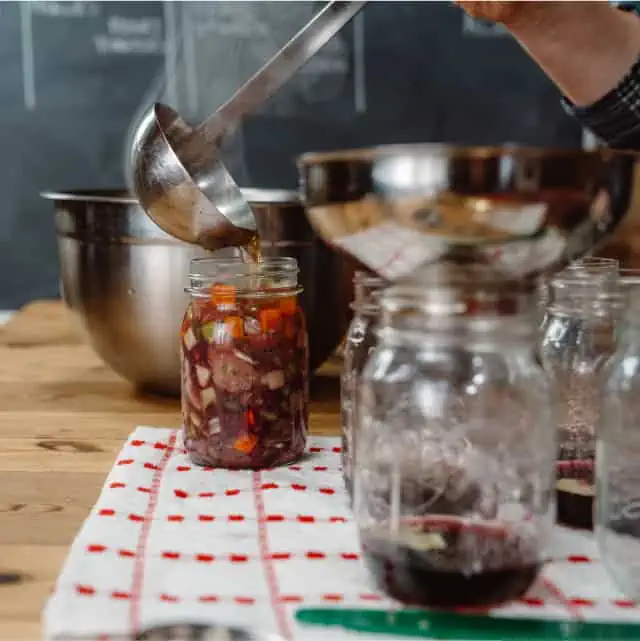
Give School of Traditional Skills
a Spin for 30 Days
Your enrollment in School of Traditional Skills is protected by our “See it to Believe It” Guarantee.
You have a FULL 30 days to decide if School of Traditional Skills is the perfect place for you to master homesteading and self-sufficiency skills from the best experts.
If on Day 30, you decide it isn’t what we promised … email us and we’ll return your money. No questions asked.
Not only that, even after 30 days you can easily cancel your subscription at any time and not be billed in the future. You can view our complete terms and conditions here.
Practical Learning that Puts
Your Needs First
Self-paced Learning
Go at your own pace to master skills. There’s no rush and no overwhelm.
Expert Instructors
Get step-by-step tips from the best experts, handpicked for their knowledge and in-the-trenches expertise.
Manageable Step
Shorten the learning curve of home-steading with bite-sized steps that simplify it for you.
Skill Sheets
Easy access to printable worksheets, instructor guides and recipes, etc., for easy reference.
Learn Anywhere
You’ll have access to your courses on your phone, tablet, or home computer. Learn and review wherever is convenient for you!
Confidence with Every Class
Say goodbye to feeling overwhelmed. Eliminate confusion and stop second-guessing your decision to lead a simpler, more self-sufficient life.
You're into self-sufficiency, we know you want to go at YOUR pace. Designed with you in mind!
25
Classes
12-14
Lessons (approx.) per Class
10-12
Minutes (approx.) per Lesson
Check out some of our current classes.
-
Water Bath Canning with Mary Shrader
Fill your pantry with healthy, delicious “fast food” you make at home! Discover water bath canning and make safe, tasty canned fruits and veggies so you always have a delicious supply of tomatoes, pickles, jams, pie fillings, green beans, and much more!
-
Regenerative Grazing for the Homestead with Josh Thomas
Enjoy your own clean, delicious, homegrown beef, lamb, pork, chicken, eggs and grass-fed dairy — from lush, green pasture that your animals create for you! Homesteading Family’s Josh Thomas shows you the way to more food security on your homestead.
-
Seed Saving with Will Bonsall
Join Will Bonsall, author, farmer, and 50-year seed saver as he shows you, step-by-step, how to save seeds from your garden plants year after year, so you never have to buy seeds again.
-
Indoor Seed Starting with Rick Stone
Join Rick Stone from Stoney Acres Gardening as he guides you step-by-step through the full seed-starting process. You’ll discover how to go from a handful of seeds to a garden full of healthy, robust plants that will nourish your family with organic fruits and veggies!
-
Mastering Pastured Meats in the Kitchen with Shannon Hayes
Join Shannon Hayes from Sapbush Hollow Farm and Cafe as she shares the secrets to creating delicious meals centered around pasture-raised meat!
-
Pasture to Plate Home Butchery with Brandon Sheard
Join Brandon Sheard from Farmstead Meatsmith as he demystifies the process of butchering animals at home. You’ll discover how to go from “pasture to plate” in an efficient, stress-free way – and treat your family to home-raised, home-butchered, and home-cooked meat!
-
Natural Beekeeping with Adam Martin
Join Adam Martin from the Bee Kept as he shows you the natural sustainable way to keep bees! No chemicals. No sugar water. And you’ll never have to purchase bees again!
-
Herbal Cold and Flu Remedies with Dr. Patrick Jones
Join clinical herbalist, naturopath and emergency veterinarian Dr. Patrick Jones from Homegrown Herbalist as he shows you how to treat minor colds and flus with Herbal Remedies!
-
Fresh Milk in the Kitchen with Beth Dougherty
Join Beth Dougherty from the One Cow Revolution as she teaches you how to make simple, delicious, nourishing fresh dairy products in your home kitchen — unmatched by anything you can purchase at the store — using little more than raw milk!
-
Keeping the Family Dairy Cow with Shawn Dougherty
Join Shawn Dougherty from the One Cow Revolution as he teaches you how doable it is to own a family milk cow and have a full, modern life while enjoying the incredible benefits she provides for your entire homestead!
-
Homestead Scale Composting with Noah Sanders
Join Noah Sanders from Redeeming the Dirt as he shows you how to build incredible, living compost for tastier, healthier, abundant homegrown vegetables!
-
Homestead Planning and Design with Nicholas Burtner
Join Nicholas Burtner from the School of Permaculture and design a simple, powerful homestead layout. Avoid years of expensive mistakes and stress, and create generational abundance!
-
Pressure Canning with Carolyn Thomas
Join Carolyn Thomas from Homesteading Family as she shows you how to fill your pantry with safe, healthy, and delicious pressure-canned foods!
-
Reclaiming Pasture with Joel Salatin
Join Joel Salatin from Polyface Farm as he shows you how to create high-fertility, sustainable livestock pastures.
-
Raising Pastured Meat Chickens with Justin Rhodes
Join Justin Rhodes from Abundant Permaculture to learn how to raise a freezer full of healthy, pastured, meat-chickens in your backyard, in only 58 days.
-
Back To Eden Garden with Paul Gautschi
Join Paul Gautschi from Back to Eden Gardens as he shows you how to simplify your gardening by working with God’s principles as observed in nature.
-
Fermenting Vegetables with Lisa Bass
Join Lisa Bass from Farmhouse on Boone to learn how to use lacto-fermentation to create healthy and delicious vegetable ferments in your own kitchen.
-
Curing Pork with Brandon Sheard
Join Brandon Sheard from Farmstead Meatsmith as he shows you the time-honored, chemical free method for curing your own bacon, ham and prosciutto.
-
Garden Season Extension with Melissa K. Norris
Join Pioneering Today’s Melissa K. Norris to learn the time tested methods for growing and harvesting fresh vegetables in the cool seasons.
-
Raised Bed Gardening with Brian Lowell
Join Brian Lowell from Next Level Gardening to learn the simple steps to growing abundant and healthy vegetables in simple raised beds, no matter where you live.
-
Keeping Milk Goats with Anne Briggs
Join Anne of All Trades’ Anne Briggs to learn how to purchase, care for and milk healthy and happy dairy goats.
-
Nourishing Bone Broths with Sally Fallon Morell
Join Sally Fallon Morrel from the Weston A Price Foundation to learn how to make nourishing bone broths, and then turn them into delicious and health promoting soups, gravies and sauces.
-
Traditional Sourdough Breads with Maureen Diaz
Join Maureen Diaz from God’s Good Table to learn how to make your own sourdough starters and craft delicious and nutrient dense breads from it.
-
Backyard, Egg-Laying Chickens with Harvey Ussery
Join Harvey Ussery from The Modern Homestead to learn to keep a healthy and sustainable flock of backyard egg laying chickens. Signup today, to get access to all the courses available at the School of Traditional Skills. 30-Day money back guarantee, and you can cancel at any time.
-
Herbal 1st Aid with Dr. Patrick Jones
Join clinical herbalist, naturopath and emergency veterinarian Dr. Patrick Jones from Homegrown Herbalist as he shows you how to treat minor injuries at home — or on your way to Urgent Care — with Herbal 1st Aid remedies.
-
Knife Selection, Sharpening and Use
Join Patrick Roehrman from MT Knives to learn how to select, sharpen, and use a variety of knives safely and effectively around your homestead.
New classes coming soon!
Leading a Simpler, Richer, More Fulfilling Life Doesn’t Have to be Complicated or Confusing
At School of Traditional Skills, we bring simplicity to mastering old-world skills. Skills to help your family and fill you with a sense of accomplishment!
Learn from trusted experts in one online homestead school. With lessons that teach you the what, the why and the how.
You'll walk away from each class with a new skill you can use. Right away!
We can’t wait for you to join us on this exciting back-to-your-roots adventure!
With a single click, you’ll unlock:
- Access to a growing library of in-depth, practical classes
- Training from your favorite teachers in one place!
- Self-paced, easily accessible skill mastery
Cancel anytime. Instant Access
Questions? We’ve got answers
-
Why do I need to pay for this? Can’t I get all this information from blogs and YouTube?
Glad you asked! Yes, you can definitely get all this information from Google, or even books. BUT it isn’t neatly distilled into practical, do-this-next steps so you can actually implement what you learn.
PLUS, our Skill Instructors have recorded these classes specifically for you — the modern homesteader who may or may not have access to acres of land but still wants to be more self-sufficient.
So, while books and videos can get you started … when you want actionable instructions, School of Traditional Skills is where you’ll find organized, proven information that allows you to focus on building skills, not testing some stranger's techniques!
-
I’ve signed up for classes in the past only to be disappointed. How do I know this will be any different?
Sorry to hear about your past experiences, friend! That is exactly why School of Traditional Skills comes with a 30-day money-back guarantee. Don’t believe what we say. See it for yourself. Experience the classes and the training material. Apply the skills you learn.
Our promise is to help you thrive in a complex world with skills that stand the test of time. Take us up on this promise and put it to the test. The only way to know is to see for yourself. Get inside, look at everything – take some classes, decide if we’re exactly what you didn’t even know you were looking for!
-
I’m really new to homesteading and self-sufficiency. I still live in the city and in an apartment. Are these classes for someone like me, too?
Yes! We have (and are constantly adding!) classes for all stages and skill levels. You’ll definitely find classes to help you get started. Our classes on cooking and preserving food will be perfect for you! And if you’re ever stuck, we’re just a message away.
-
I’ve been homesteading for a while and have learned from some of the Skill Instructors here. I’m worried these classes will be beginner-level for me.
While some classes may feel a little beginner to you, you can be confident that you’ll find a LOT to dig into and continue to equip yourself with skills to help your family and community. You’ll also find our advanced classes, like Curing Meats and Reclaiming Pasture Land to be especially helpful! PLUS, we’re always adding new classes so you’ll have plenty of skills to acquire!
-
I want to help my family, but I don't want to waste my time. Is learning these skills really possible?
Traditional skills are definitely learnable. They do seem to have a steep learning curve but you can shortcut that with our classes that are tailored to help you take one step at a time.
-
What if I mess up or do something incorrectly? How can I know when I’m going wrong?
You’ll not second-guess or skip a step because your Skill Instructors will walk you through every step. The professionally produced videos will ensure you can see exactly how to do a step and what to expect.
-
What’s included in a School of Traditional Skills membership?
Your membership gives you instant access to ALL classes that are currently available. As long as you’re a member, you’ll also have access to each new class as it is released. Each class includes recorded video lessons and the relevant Skill Sheets. All our video lessons are bite-sized at approximately twelve minutes per lesson and have closed captions.
-
I’m not very tech-savvy. How can I watch the classes?
You can watch the classes from any internet-enabled device. Our membership platform is super easy to use and support is just a click away. ALL you need to do is log in and start watching!
-
What if I join and realize this isn’t for me? Can I cancel easily?
Absolutely. While we’ll be sorry to see you go, we understand if you need to cancel at any time. You get to look around, even learn some things, and yep, you can still leave – within 30 days, you'll get a full refund. After that, we'll cancel any future months. Easy.
-
How do you choose your Skill Instructors? Can anyone teach a class?
No, not anyone can teach a class. Our selection process for our Skill Instructors is as rigorous as a college entry exam. We carefully handpick our instructors based on their level of expertise and teaching skills. We want you to get the most practical instruction delivered in the simplest way possible.
